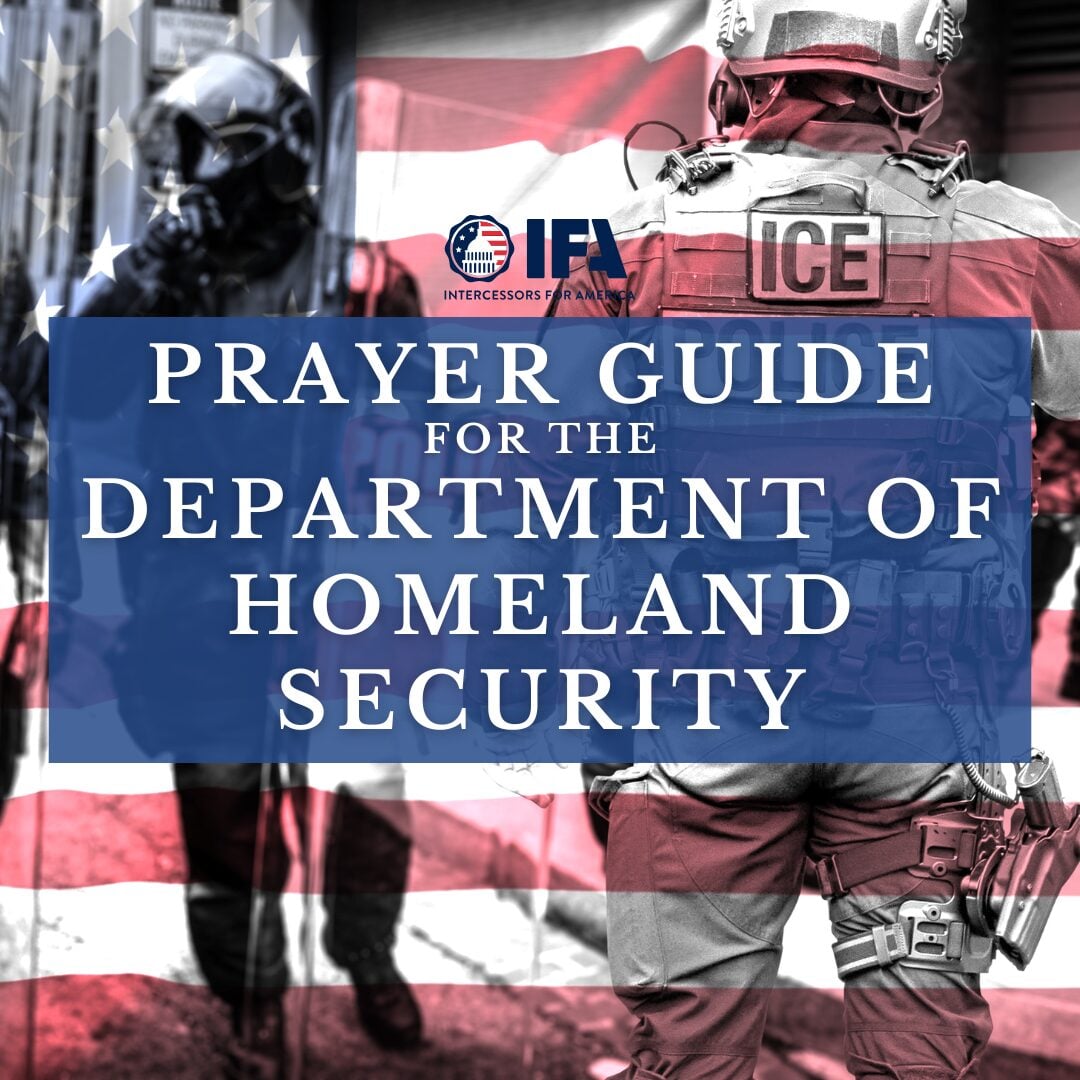WHO ARE THE TRUE PEOPLE OF GOD?
NOW IS THE TIME TO SPEAK
THIS CEO COUNTED THE COST AND STOOD FOR LIFE. WILL YOU?
WHITE HOUSE NUMBERS MISCOUNT NUMBER LEFT BEHIND
LIBERALS TURN TO SATANISTS TO MAINTAIN ABORTION LAW
WHO ARE THE TRUE PEOPLE OF GOD?
It’s a question that has been on my mind lately. It relates to much of the thinking and writing that occupies our time: the true identity of Christians.
We are surrounded by so many different churches and denominations all claiming to have a corner on God’s revealed truth that it gets confusing. According to the World Christian Encyclopedia, there are 33,000 denominations in the US alone. In addition, new movements, new fads, new church groups, and with them, new extremes in the interpretation of the Christian life seem to emerge every year, from ultra-orthodox to progressive, to charismatic. Not to mention the kind of identifying labels that fly around in the media: “evangelical”, “pro-life”, “Christian nationalist”, “religious conservative”, “religious right”, to name a few. How do we make sense of it all? Are all who profess to be Christians “the people of God” or is that label more exclusive? Is it even a biblical term?
Read on to answers to those questions and more!
There is a profound difference between how the world views church and how the Bible views it. And since the Bible is God’s revealed, infallible and authoritative Word to us, we must go there for answers rather the ever-shifting cultural worldviews. It is in the understanding of that word “church” that we find the answer to our primary question: who are the people of God?
The word “church” can in and of itself be confusing. To some, it is just a building used for worship, to others, it encompasses the campus and the congregation to which we belong. When written with a capital C, it is generally intended to be the sum total of Christians worldwide. We “go to church,” where we hear the pastor implore us to “be the church.”
Huh?
The word church finds its origin in a word used by the Greek Christians in Constantinople (now Istanbul) for “house of worship”: kurikon oikia. It got shortened to kurikon, and eventually in the Middle Ages to kurkon. In West Germanic languages that became kirika which then found its way to Britain where it became cirice. That word eventually became church (kirk if you’re from Scotland). So there. In its earliest form, it referred to both a house of worship and the people that congregated there to worship.
But is that word in the Bible? The answer is: no. The term “church” has no equivalent in the original languages of the Bible. According to historical research done by the Bereans, that old Germanic word cirice was used as a transliteration – replacing a word in the source text with one that is better understood in everyday language. To early Bible translators, as far back as the 1300s, it made sense to transliterate the actual Greek word in the Bible to something that can mean both a building and a group of people that meets there. After all, in New Testament times there were no physical church buildings yet. Those did not appear till the third century AD.
So what is that Greek word that seems hold the secret to who the people of God are, which had to be transliterated and became “church?”
The word is ekklesia and is mentioned 114 times in the New Testament. In most cases, like Acts 7:38 and Hebrews 2:12, it is translated into English as congregation. Perhaps oddly enough, it is the same word used in Acts 19:25-41, where the people of Ephesus are gathered “in assembly” (en ekklesia) to deal with Paul’s preaching against their favorite city goddess, Artemis. Not exactly a Christian congregation, but a congregation nevertheless.
Ekklesia comes from two words: ek, which means out, and kaleo, which means to call. So literally, the ekklesia means “the called-out ones.” Hmmm. That already lifts the veil on the spiritual meaning of God’s people. They are “the called-out ones.” The Apostle Peter lays that out beautifully in 1 Peter 2: 9: “But you are a chosen race, a royal priesthood, a holy nation, a people for his own possession, that you may proclaim the excellencies of him who called you out of darkness into his marvelous light.”
So let’s take a look at some of the characteristics that the New Testament uses to describe the ekklesia, which will help determine who the people of God really are. The picture that emerges is stunningly different from today’s familiar church environs!
- The ekklesia is made up of people that conform to certain individual characteristics laid out in the Scriptures:
– Saved and born again through repentance and faith (John 3:5, Acts 3:19, Acts 16:30-31,
Ephesians 2:8,9, 1 Peter 1:23)
– Sealed, filled, and endowed with spiritual gifts by the Holy Spirit (Ephesians 1:14,
Ephesians 5:18, 1 Corinthians 12:4-11)
– Visibly exhibiting the fruit of the Spirit (Galatians 5:16-24)
– Walking in step with the Holy Spirit (Galatians 5:25, Romans 8: 5-11)
– Devoted to prayer (Acts 2:42, 1 Thessalonians 5:16-18)
– Patient in suffering ( James 1: 2-4, James 5:7-11, 1 Peter 4:12-14)
– Averse to every form of evil and committed to holiness (1 Thessalonians 5:22, 1 Peter
1:13-16)
– Hearts ablaze with love for God and one another – made visible by daily devotion to Him
and fellow members of the ekklesia (Acts 2:42-47, Acts 4:32,34-35, John 13:34,35 1 Peter
1: 22)
– Engaged in the mission of seeing the gospel advance to the ends of the earth (Matthew
28:18-20)I have found in my 40+ years of ministry on 5 continents and in many different church environments that there is a difference between churchgoers and born-again believers. Most fellow pastors I have talked to agree. You can be raised in a church, go to church every Sunday, and not exhibit most of the biblical characteristics of a believer who has repented of their sin, turned their life over to Christ, and have a relationship with God. I would even venture to say that the number of people that truly walk with God, even as infants of the faith, is small compared with those who profess to be Christians but for who a daily relationship with Him is not a reality. - The ekklesia is organized as a Body that resembles the make-up of a human body in which each part has a unique role but cannot function independently from other parts.
– Held together by a shared access point into the kingdom of God, faith in the same Savior,
love of the same God, and loved by the same God, without partiality. (Ephesians 4:4-16, 1
Corinthians 12:4-6)
– Visibly united by love (John 13:35, John 17)
– Interdependent (1 Corinthians 12:14-31)
– Global in scope (Matthew 24:14, Matthew 28:19, Ephesians 2:13-22)Both the Bible and mission history work together to paint an emerging vision of a global Body of Christ. This is the Ekklesia with a capital E, or the Church with a capital C – a worldwide network of the people of God – His chosen generation, holy nation, royal priesthood, possessed by Him to proclaim His excellencies (see 1 Peter 2:9-11) – connected together to collectively be His dwelling place and make Him visible to the world. - A people devoted to God that lives in this world as sojourners and exiles (see 1 Peter 2:11). What does that mean? A sojourn is a temporary stay, so a sojourner is one who only has a temporary stay in one place. He is just passing through. An exile is a bit stronger. That is somebody who got kicked out of his or her society to live in a solitary place away from everybody else. Preferable an island. Like Napoleon on Elba, and more relevantly, the Apostle John on Patmos.
Both terms suggest that a Christian has no emotional attachments to the man-made, temporary world he lives in, and is in fact considered a reject by that world. He is in the world, but not of the world. John 15:19 and 1 John 2:15-17 explain it well:
“If you were of the world, the world would love you as its own; but because you are not of the world, but I chose you out of the world, therefore the world hates you.”“Do not love the world or the things in the world. If anyone loves the world, the love of the Father is not in him. For all that is in the world—the desires of the flesh and the desires of the eyes and pride of life—is not from the Father but is from the world. And the world is passing away along with its desires, but whoever does the will of God abides forever.”
In other words, the people of God are not worldly. They live in the world but are not in love with the world or are emotionally attached to the things of this world. Instead, they are in love with God, His kingdom, and the matters of His kingdom. They are passing through this world on their way to heaven, where they will see the Object of their love face to face.
I love the words of Helen Lemmel’s hymn. They describe exactly what we’re talking about:
”Turn your eyes upon Jesus,
Look full in His wonderful face,
And the things of earth will grow strangely dim
In the light of His glory and grace.”
I encourage you to meditate on your true identity as a Christian, especially your connection to a global Body of believers who speak different languages, have different ethnicity and cultures, but are indwelled by the same Spirit, have been saved by the same Savior and worship the same God and Father of all. This is a community that runs through and goes far, far beyond our individual church campuses! To get a broader view, consider a mission trip to visit God’s people overseas, or subscribe to mission newsletters, or prayer apps like Operation World, and you get a sense of the grandeur of God’s global society – a society to which you and I belong and which one day will stand before His throne, united in eternal worship (Revelation 7:9-11), and live by the light of His glory (Revelation 22:1-5).
If reading this has you wondering if you truly belong to the people of God, ask yourself two questions:
1. Have I ever repented of my sinfulness, sought God’s forgiveness, reconciled with Him, and surrendered my life to Him so that He could offer me His grace and cause His Spirit to live in me? If the answer is no, make haste and do it now. Then be baptized and start walking with Him daily through prayer and meditation on his Word. Your pastor can help you.
2. If I have done so and consider myself to be a born-again Christian, am I walking with God daily through prayer and meditation on His Word in such a way that my life exhibits my identity as one of the people of God? If not, start tomorrow. If you don’t know how, look up resources online that can help you with daily prayer and meditation on the Word. Or better yet, reach out to me.
The good news is that, even if you feel you’re falling short, you are already perfect in Christ. It is His gift to a repentant heart. you can’t, and don’t have to, earn it. The only responsibility you have as one of the people of God is to hold on to Him with all you’ve got (see John 15:1-8). He will work out the rest in you!
Does this resonate with what God has been speaking to you? Share below in the comments!
Used with permission. The Deeper Life Blog, by Remco Brommet. Remco holds dual citizenship in the US and The Netherlands, and is a pastor, chaplain, speaker, prayer mobilizer and intercessor with a passion for spiritual awakening and revival. Above all he is a Christ-follower, devoted husband to Jennifer and father to adult daughters Carina and Sophia.
(Photo Credit: Cason Asher).
Partner with Us
Intercessors for America is the trusted resource for millions of people across the United States committed to praying for our nation. If you have benefited from IFA's resources and community, please consider joining us as a monthly support partner. As a 501(c)3 organization, it's through your support that all this possible.


We use cookies to ensure that we give you the best experience on our website. If you continue to use this site we will assume that you are happy with it. Privacy Policy





Comments
My overall repsonse to this article,and many like it in days gone by..THANK GOD IN HEAVEN FOR HIS GLORIOUS GRACE AND MERCY,undeserved favor..No one has it exactly right. In Jesus blessed name,Amen
I cannot count how many tmes i have repented,..and I do not know where that leaves me,in my senior years…I hope for His mercy..In Jesus Mighty Name, Amen
Herb, I am often re-assured by the fact that the blood of Jesus has the continual action of cleansing in 1 John 1:7: “But if we walk in the light, as He is in the light, we have fellowship with one another, and the blood of Jesus Christ His Son cleanses us from all sin.” This is not an intermittent event, but an ongoing phenomenon. Moreover, Hebrews 12:24 explains that the blood of sprinkling speaks better things than that of Abel. It is the living, active blood of the Lamb that covers us and keeps us free.
being as how many,who are not here, seem to be daunted by the challenge of this article, I will say that I am not any better than those people,and have many chinks in my armor..in the meantime,whie we are all sorting out where we are in Jesus,and to what degree of reality we are actulaly IN CHRIST,.may i take this space and time to ask for a hearttfelt prayer from any and/or all who are reading here..for californa,the recall election we are now in,that our state could be spared any more poisoning,by having a successful recall,where the current tyrant newsome is removed,and a new and Godly leader is elected? your prayers are greatly appreciated. In Jesus mighty Name,Amen